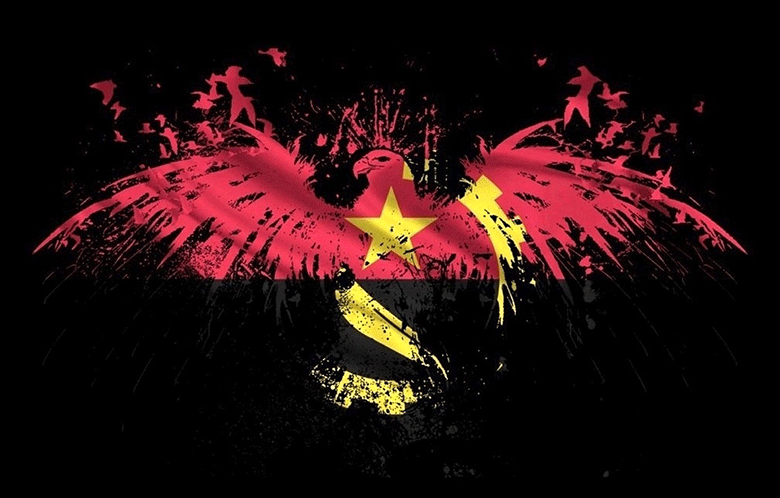The eagle has landed: Investors could soon spread their wings in Angola
Within the top-five most improved countries on a year-on-year basis in Euromoney’s country risk survey, Angola has climbed 18 places in the global risk rankings, more than any other sub-Saharan borrower based on analysts’ assessments.
The election of João Lourenço has proved to be a more investor-friendly turn of events than even the more optimistic opinions, with the IMF full of praise for the government’s economic plan.
The former defence minister, hailing from the same party as the four-decades-old autocrat José Eduardo dos Santos, was supposed to be the safe choice, a hand-picked successor who wouldn’t rock the boat.
The sacking of Dos Santos’s daughter Isobel as chief of Sonangol, the state-owned petroleum firm, and José Filomeno, his son, in charge of the sovereign wealth fund, were unexpected, alongside the fact Lourenço has allowed peaceful protests, whether they are for or against his government.
Municipal elections, the nation’s first, are planned for 2020, and Lourenço has sought to gain the trust of creditors by reaching out to the IMF for a policy support instrument – technical help without financial assistance – to ensure his government’s reforms and fiscal plans progress smoothly with his government legislating for more investor-friendly rules.
Upgrades
Consequently, all of Angola’s political risk indicators were upgraded in Euromoney’s first quarter survey, not only government stability following the elections but also measures of transparency, institutional risk and corruption.
That’s not to say Angola is not without its problems.
The country has only just climbed from tier five (the lowest of Euromoney’s risk category) to tier four, which means it might not be about to default, but is still a tricky domain for the nervous portfolio manager.
Lourenço is unproven, and his early attempts to assuage market concerns might be a ruse to establish his own authority – read fiefdom. Besides, the fiscal deficit, rising to 7% of GDP last year, requires emergency surgery, and the repayment of arrears – with thedebt rising to 64% of GDP – also questioning the state’s ability to maintain servicing.
These issues are reflected in some of the survey risks scores, marked down for government finances and bank stability, but upgraded for GDP growth and currency stability – the latter after the abandonment of the pegged exchange rate and the now-devalued, more competitive currency supported by higher interest rates to contain high inflation.
However, Angola’s rise is unprecedented, and with IMF assistance and a roadmap for fiscal stability it could prove a better bet than Uganda or Zambia, now left behind.
And that raises the question why Moody’s downgraded the sovereign borrower from B2 to B3 (stable) last month, matching the B- rating from Standard & Poor’s, both of which are below the B rating from Fitch, upgraded from negative to stable, also in April.
Survey contributors note the risks, but are optimistic.
Isaac Matshego, a sovereign risk economist at Nedbank, was expecting further currency depreciation this year to sync the official exchange rate with the parallel market rate.
“The currency devaluation is raising foreign debt obligations and weakening the sovereign’s debt servicing capability, but it will gradually help to ease macroeconomic pressures,” he says.
Rafiq Raji, chief economist at Macroafricaintel, believes higher oil prices and economic reforms by Lourenço augur well for Angola.
“The government’s anti-corruption drive is also proving to be quite genuine with surprisingly little political fallout,” he says “It is ostensibly targeted at former president Santos’s children and allies, but is necessarily so.
“If these reforms are sustained and the current political stability endures, there would likely be increased foreign investment and a pick-up in growth.”


 Signal2forex.com - Best Forex robots and signals
Signal2forex.com - Best Forex robots and signals




